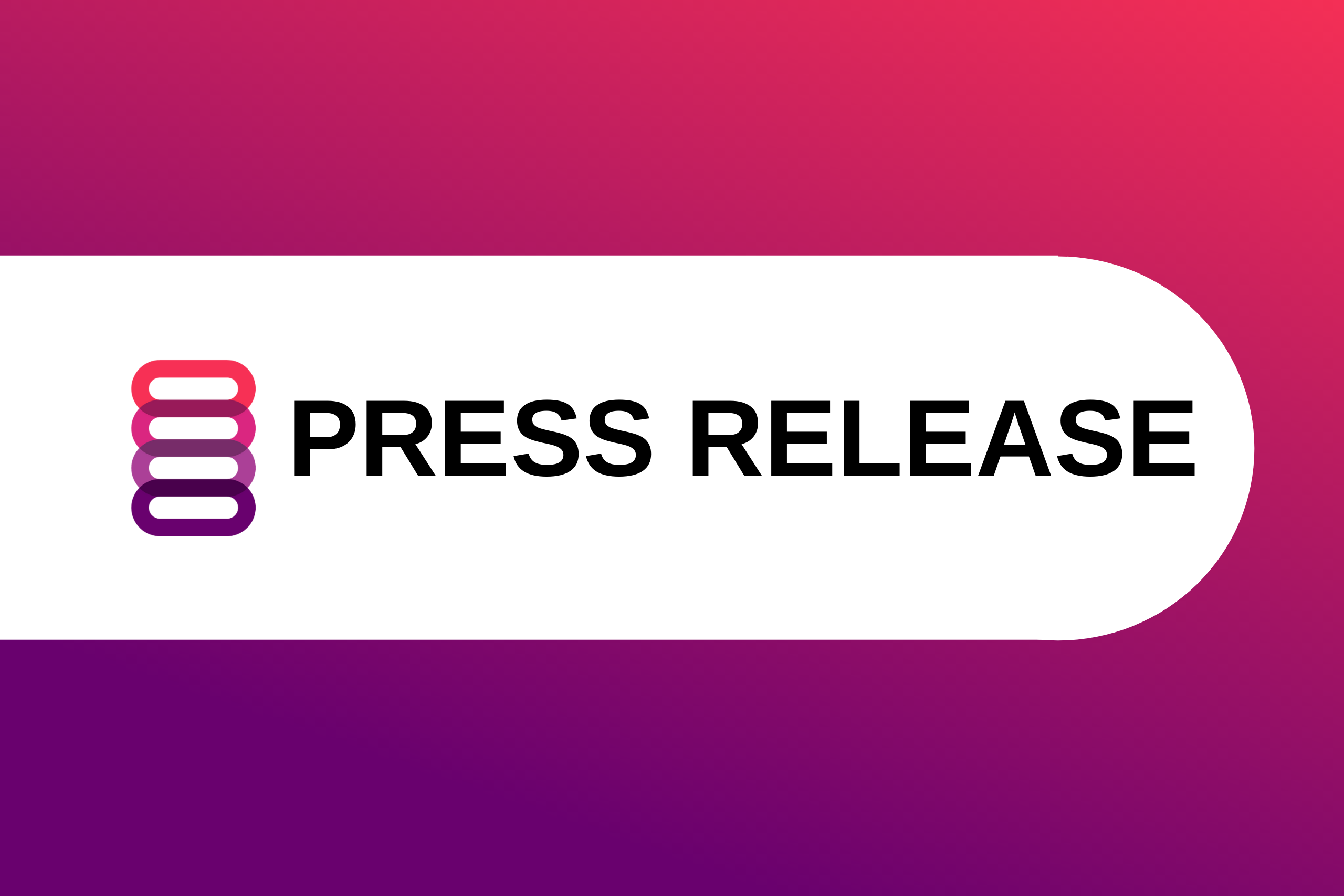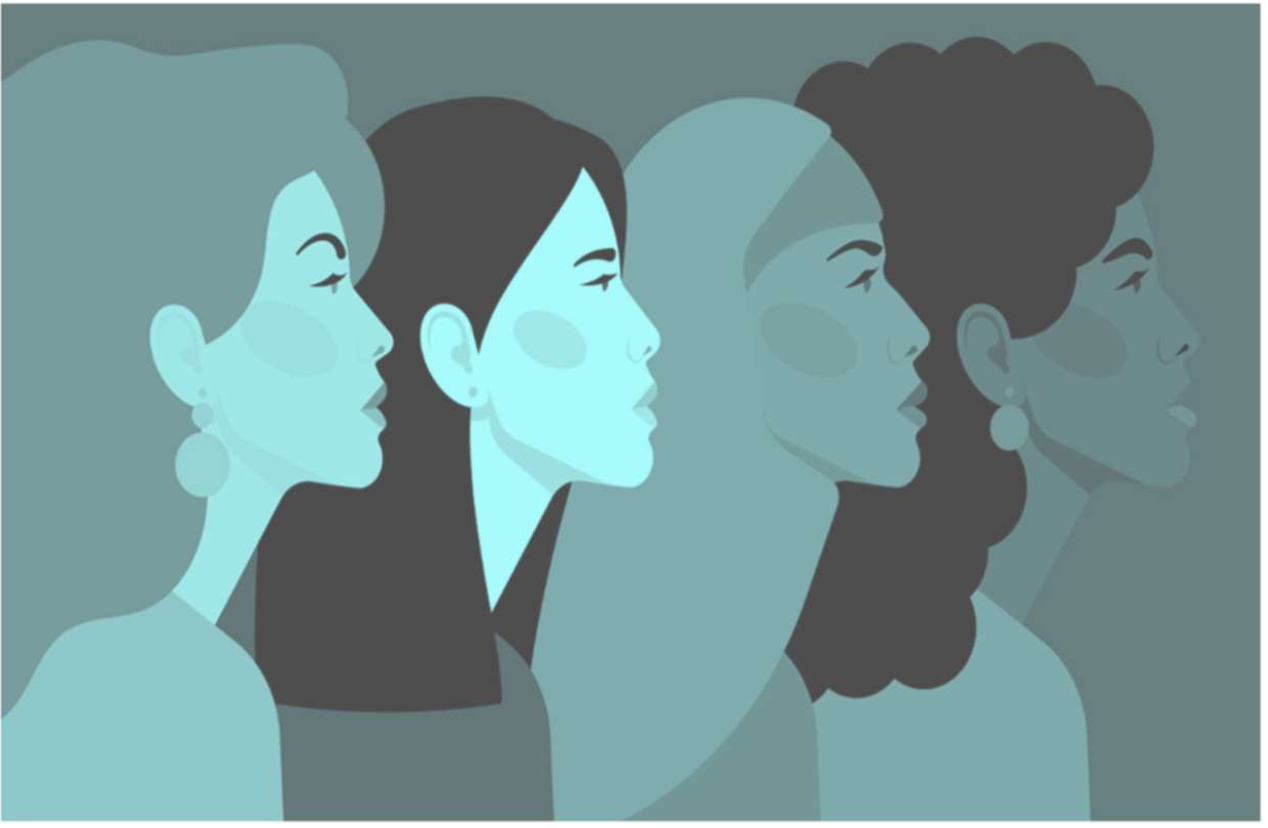FOR IMMEDIATE RELEASE
November 19, 2021
Contact: William Lutz | lutz@iwpr.org | (202) 684-7534
Washington, D.C. — The Institute for Women’s Policy Research (IWPR) today hailed House passage of the Build Back Better bill and released the following statement from its President and CEO C. Nicole Mason.
“The Build Back Better bill is a down payment on a fairer, more equitable economic future,” said C. Nicole Mason, President and CEO of the Institute for Women’s Policy Research. “It will help women balance work and family life and facilitate their return to the job force by expanding access to child care and early childhood education programs. The bill is a win-win for women and the American economy and I encourage the Senate to pass it quickly.”
Last week’s jobs report showed an increase in the rate of unemployment for adult women from 4.2 to 4.4 percent, while men’s unemployment fell from 4.7 to 4.3%, underscoring how women continue to lag behind men in the pandemic recovery.
A key headwind for American women returning to the workforce is poor access to child care. A May 2021 survey by IWPR showed that close to two-thirds of women with children report being very or somewhat worried about balancing work responsibilities with their own family needs.
Paid leave also remains a barrier for women seeking work. Another 2021 IWPR survey showed that the majority of women working in the construction trade who had to take time off due to COVID had to do so without pay.
“Affordable child care and paid leave are key to getting women back into the labor force,” said Mason. “The more women that enter the workforce, the faster our economy recovers from the pandemic. It’s a simple equation and the Build Back Better plan is key to making it work.”
###
The Institute for Women’s Policy Research strives to win economic equity for all women and eliminate barriers to their full participation in society. As a leading national think tank, IWPR builds evidence to shape policies that grow women’s power and influence, close inequality gaps, and improve the economic well-being of families. Learn more at IWPR.org and follow us on Twitter.



